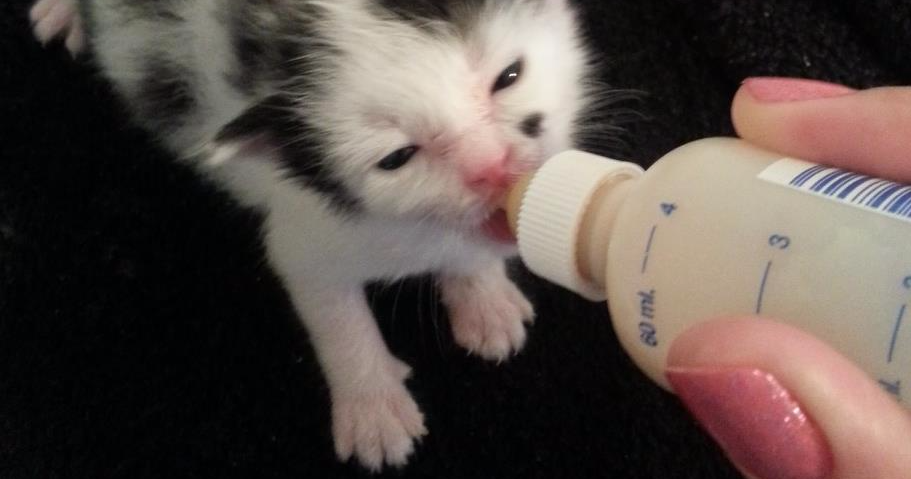Your beloved dog is more than just a pet, they are family. They are with you through the good times and the bad, wanting nothing more than to love you and be loved by you.
Our animals are precious to us, and we want nothing more than for them to live a long and happy life. But it's hard knowing that their lifespans are so much shorter than ours.
No matter how old your dog is it feels as though they've crossed over the rainbow bridge too soon, leaving us heartbroken over their loss. But as we know all dogs go to heaven, we have to accept it and carry on with our lives.
A new study has tried to help prepare dog owners a little bit more by trying to see if color impacts lifespan. Not that we can change it, or even would even want to replace our dogs, but it's good to know what we're getting into when we bring our four-legged friends home.
The researchers at the University of Sydney studied the lifespans of three different colors of Labrador retrievers: chocolate, yellow, and black. Even though all the dogs were the same breed, they were able to track a significant difference in life expectancy between the three main colors of Labs.
The large-scale study looked at over 33,000 Labs, and found that the popular breed of dog not only sees a difference in life expectancy based on their coat colors, but also a difference in the illnesses they are susceptible to.
Unfortunately for the chocolate Labs, they had the shortest life expectancy. Both yellow and black Labs had a life expectancy of 12.1 years, which was found to be 10% longer than a chocolate Labs' lifespan.
Not only that, but chocolate Babs are also twice as likely to get ear infections and four times as likely to suffer from the skin disease known as pyotraumatic dermatisis (also known as hot-spots).
So why are these cute, little, brown buddies having such a hard time? Well, it's all in the genes.
The researchers believe that the differences in health and wellness is related to the pigmentation of the coat and the genetic makeup of the dog. Lead author Paul McGreevy explains:
"The relationships between coat color and disease may reflect an inadvertent consequence of breeding certain pigmentations."
"Because chocolate color is recessive in dogs, the gene for this color must be present in both parents for their puppies to be chocolate. Breeders targeting this color may therefore be more likely to breed only Labradors carrying the chocolate coat gene. It may be that the resulting reduced gene pool includes a higher proportion of genes conducive to ear and skin conditions."
While chocolate Labs are prone to skin and ear issues, all labs were found to be equally likely to suffer from obesity, with 8.8% of all labs being categorized as overweight.
I know that most of us dog owners feel like it's just more to love, vets warn that overweight dogs are more likely to suffer from a variety of issues and it actually puts a lot of pressure on their joints.
It's definitely interesting to see that the color of your dog can actually be linked to their health, because it's one of the few things you may not have previously considered. It's one thing to consider the breed, but to also have to consider the colors within the breed is pretty crazy.
Although I've got to admit, this would never really affect my choice! When you are adopting a dog, when you find the perfect match for you it doesn't matter what they look like! We've just got to enjoy the time we have together as much as we can.
Source - University of Sydney / Science Daily / National Geographic






